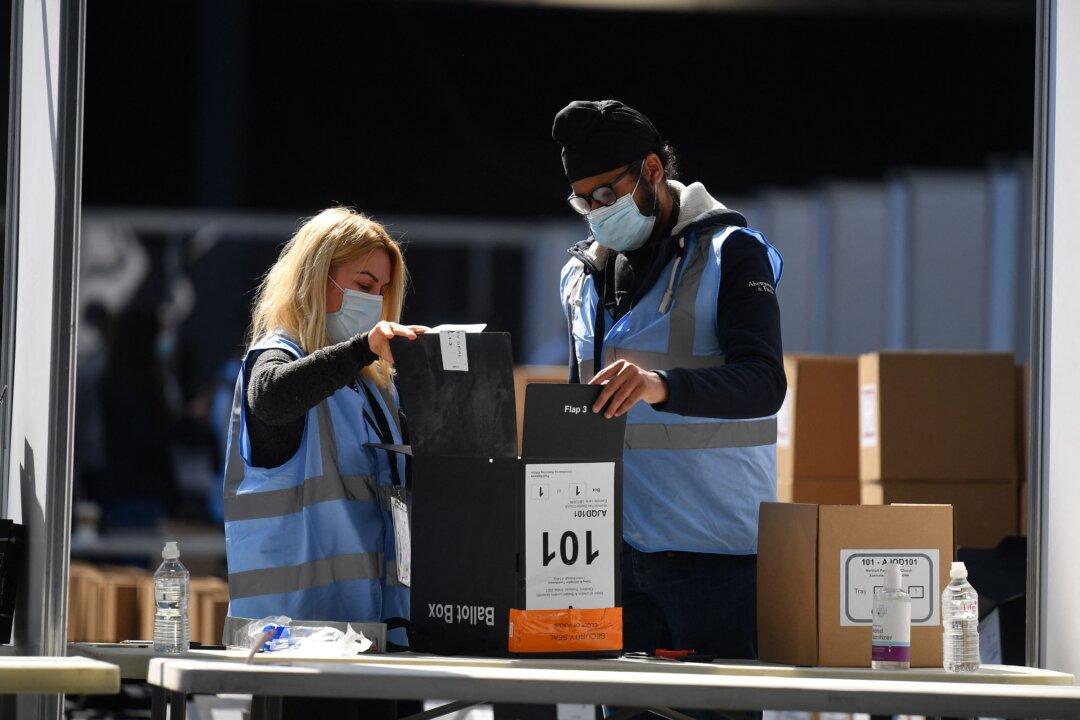The UK’s House of Lords has inflicted a defeat on the government over its plans to introduce photographic voter ID.
Voters casting their vote in polling stations in England, Scotland, and Wales currently do not need to present any form of identification, though photographic voter ID is a requirement in Northern Ireland.





